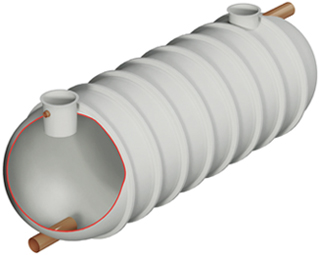With Southern areas of Britain suffering terribly at the moment from extreme flooding, it’s only natural to question how we have come to find ourselves in this state. Granted, there have been copious amounts of rain over the past few weeks that have led to this crisis, but should we not have had the right drainage systems in place to deal with these sorts of extreme weathers?
What causes flash flooding?
We’re going to take a look the factors that have led to increased flash flooding after sudden downpours of rain, why current drainage systems are failing to deal with these weather conditions and what improvement plans are in place for the future so that we hopefully won’t find ourselves in these dire situations again.
Due to increased urbanisation there has been a diminishment in areas of vegetation as they have gradually been taken over by concrete, tarmac etc. but as these materials cannot absorb water they pose a risk of flooding to the surrounding area. The excess rain water currently runs into surface water drainage systems, but these can often overflow causing an overspill of dirty water that contaminates the groundwater animals use for drinking water. So this process is ineffective as it pollutes the wider environment and wildlife, as well as causing damaging floods.
SUDS
Therefore, sustainable urban drainage systems, also known as SUDS, have been introduced for best management practices when it comes to draining away excess water. This is a collection of practices that drains water from surfaces in a more sustainable method than current procedures.
SUDS is an eco-friendly way to dispose of the unwanted water. The drainage system works by collecting and storing the water before releasing it back into the environment after it has been well cleaned. On a wider scale, the system aims to:
- Lower the accident rate caused by pollution
- Increase water harvesting
- Reduce the number of polluting activities
- Reduce the amount of polluting resources
- Bunding of oil tanks
As well as these, the process has additional benefits as it uses little energy, is robust, environmentally friendly plus it’s aesthetically pleasing too. These are rather vast improvements in terms of development and although this new system seems like the answer to the problems, these developments in technology do not come without an additional cost which brings another issue: who should pick up the bill for SUDS that are built into new properties?
Well, there has been recent talk of authorities implementing the Flood and Water Management Act, whereby owners of new homes will be payable for these new urban drainage systems. The act also insists builders include the landscape of the property and incorporate this with within their plans so that water can run freely from surfaces to more penetrable ground so it can be soaked up, lowering the risk of damage from future flash floods.
However, the Flood and Water Management Act is currently on hold due to government funding cuts. Whilst ministers continue to disagree on the issues surrounding sustainable urban drainage systems, there are no signs of it coming into place any time soon either, which is causing much tension given Britain’s current turmoil during the horrendous flooding we’re experiencing at the moment.
If you’d like to speak to someone about your sewage management and drainage solutions, please get in touch with the specialists here at Wildon UK. We can resolve any issues as well as perform any repairs necessary.
Go back to








